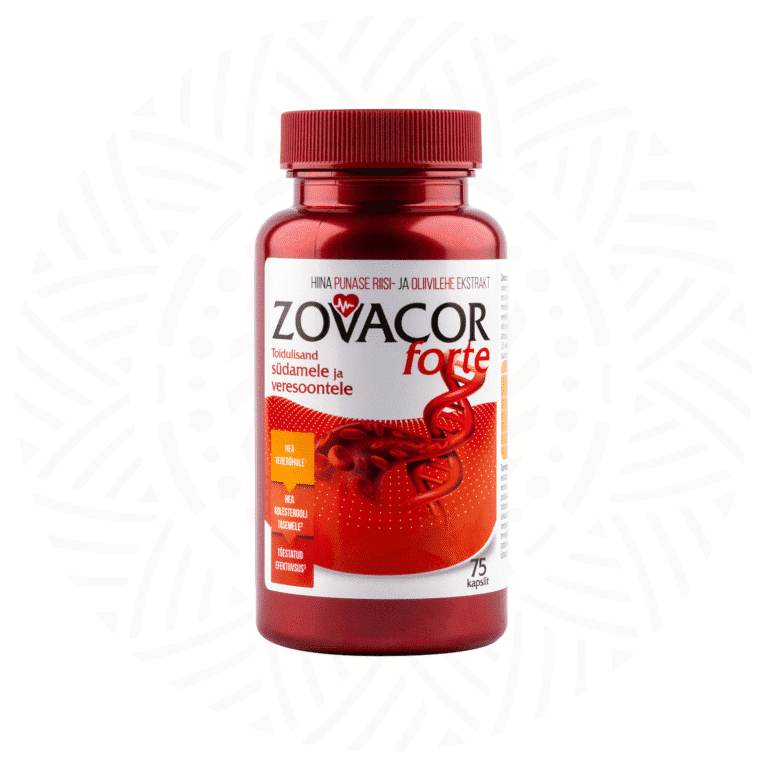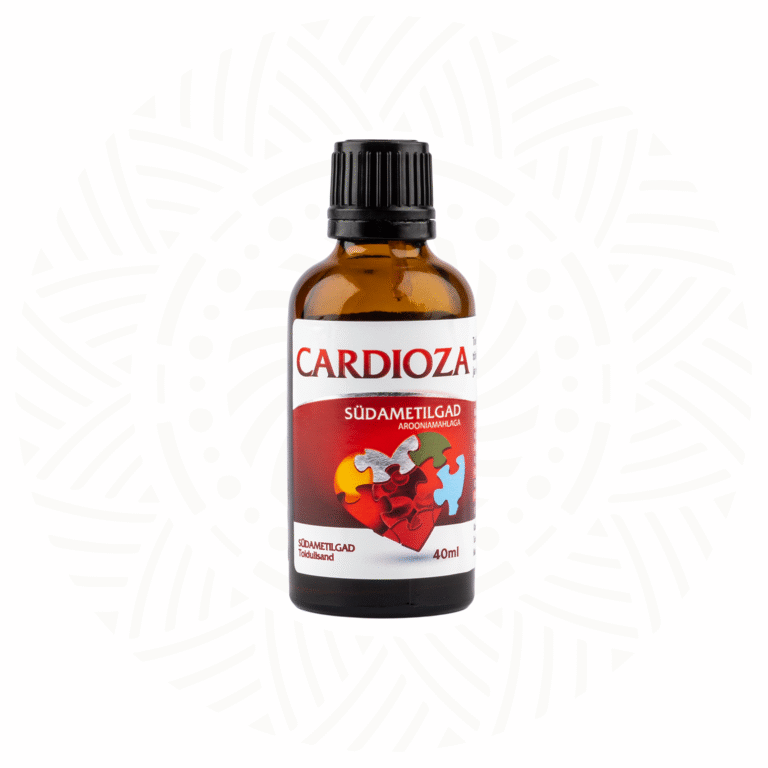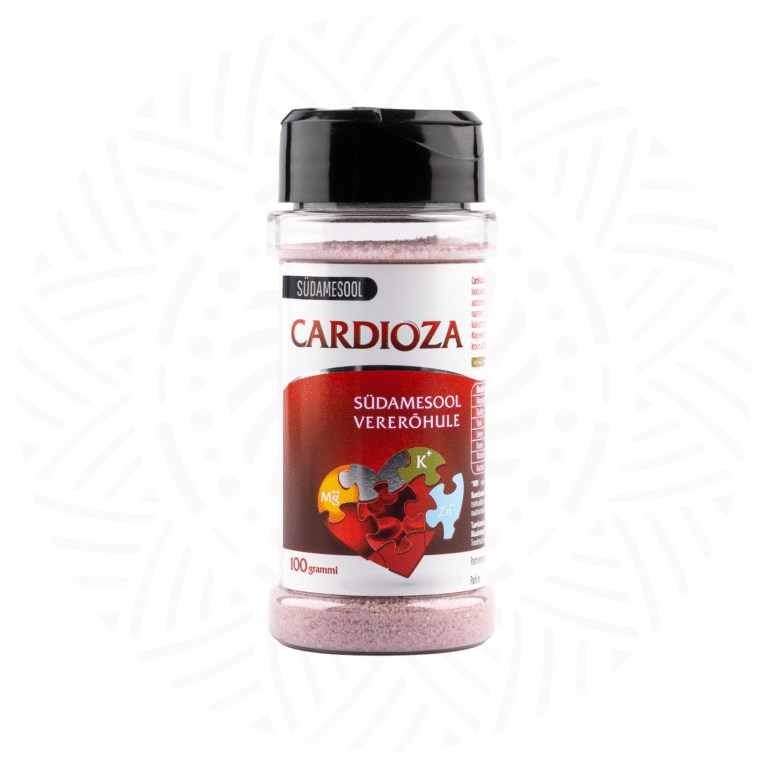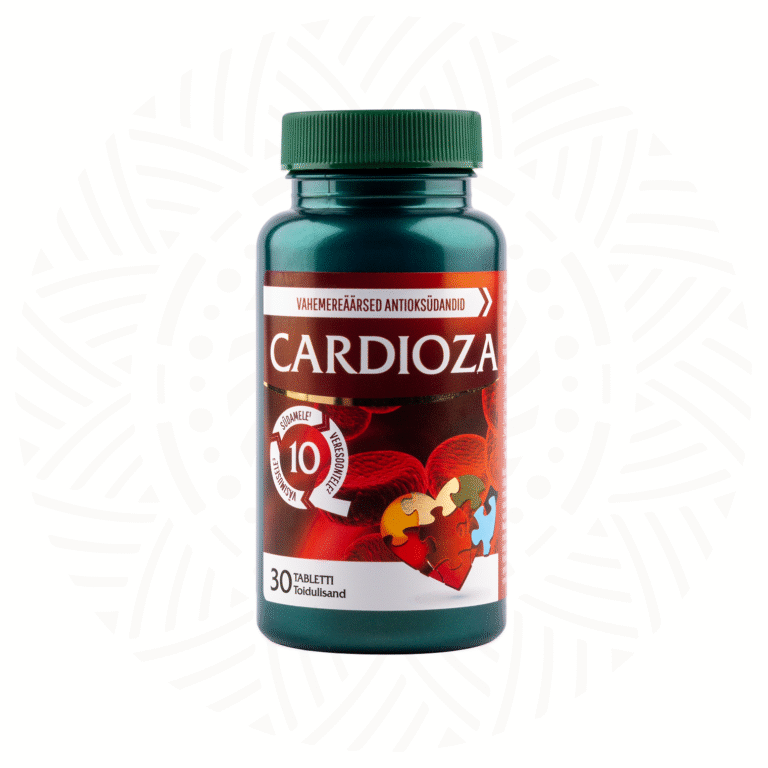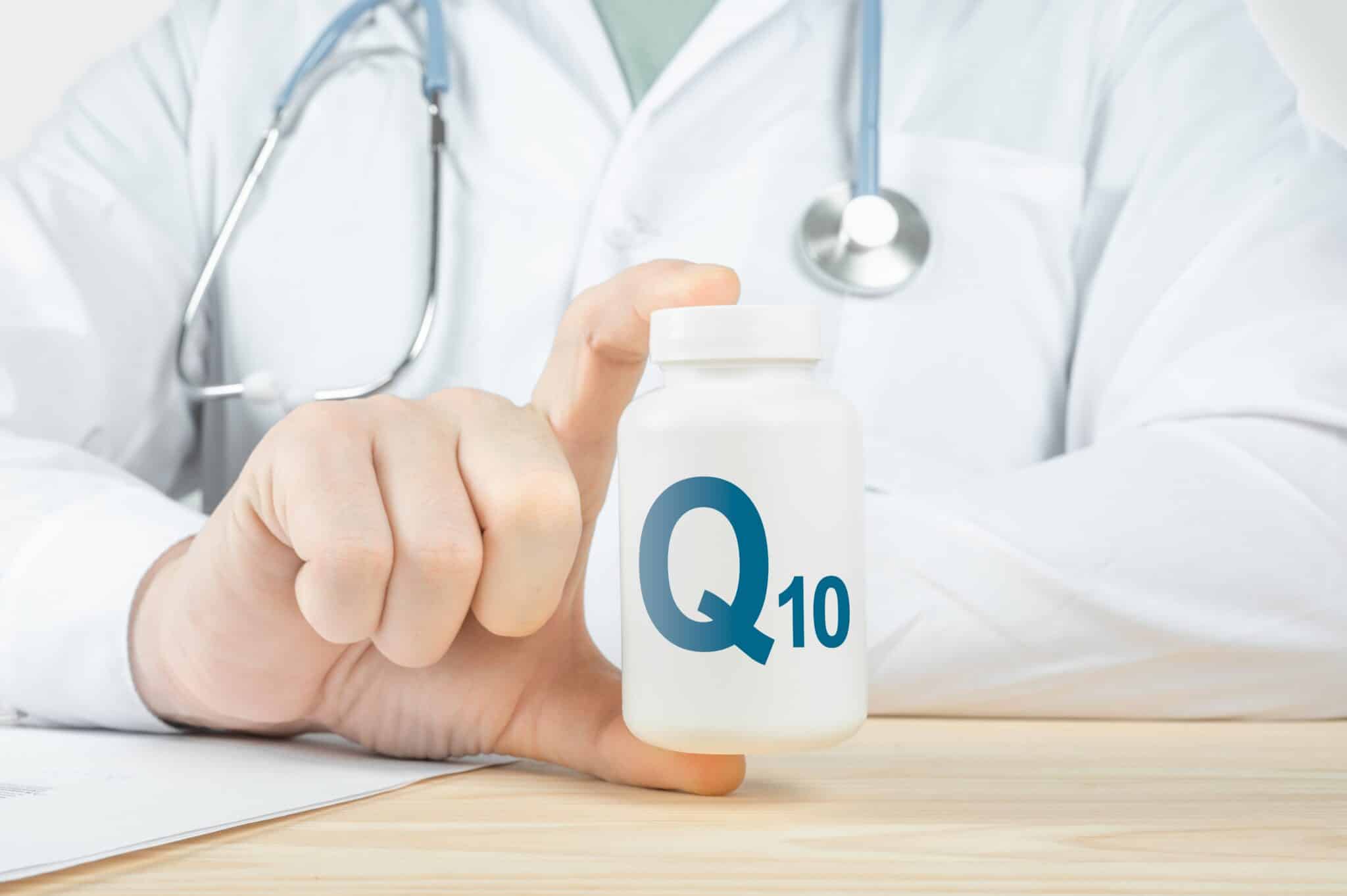Blood pressure is the pressure exerted by the blood in the blood vessels on the vessel walls.
Blood pressure is essential because, without it, circulation would not be possible. Normal blood pressure, regardless of age, is 120/80 mmHg. If blood pressure is above the normal range, it indicates that the heart and blood vessels are overburdened.
Blood pressure is largely determined by vascular tone and the pumping efficiency of the heart.
Blood pressure is described as a combination of two numbers. The upper, or systolic pressure, occurs when the heart contracts, pumping blood into the blood vessels. The lower, or diastolic pressure, occurs when the heart relaxes.
Thus, blood pressure is crucial for blood circulation. However, long-term high blood pressure is a significant factor in promoting atherosclerosis. The higher the pressure in the blood vessels, the more it encourages the thickening of blood vessel walls, leading to narrowing. Increased blood pressure can also be caused by reduced vascular elasticity, which in turn results from inflammation in the blood vessels.
High blood pressure often develops unnoticed. It is important to remember that elevated blood pressure may not cause noticeable changes in well-being or have visible symptoms that indicate the disease.
The main symptoms that warrant checking your blood pressure include:
- Headaches
- Fatigue
- Balance disorders
- Heart palpitations
If high blood pressure runs in your family, affecting your parents or grandparents, you may be more prone to developing hypertension due to genetic predisposition.
When it comes to diet and lifestyle changes, cardiologists emphasize the importance of antioxidants as they help restore the natural elasticity of blood vessels and reduce inflammation. In Mediterranean countries, good heart health is often associated with regular antioxidant consumption – such as olives and other fresh fruits.
Every adult should know their blood pressure levels. If you are over 40 and consider yourself completely healthy, visit your doctor or nurse to check your blood pressure at least once a year. This will help assess your risk of cardiovascular disease and allow you to take timely action if needed.
Keep your heart healthy!
